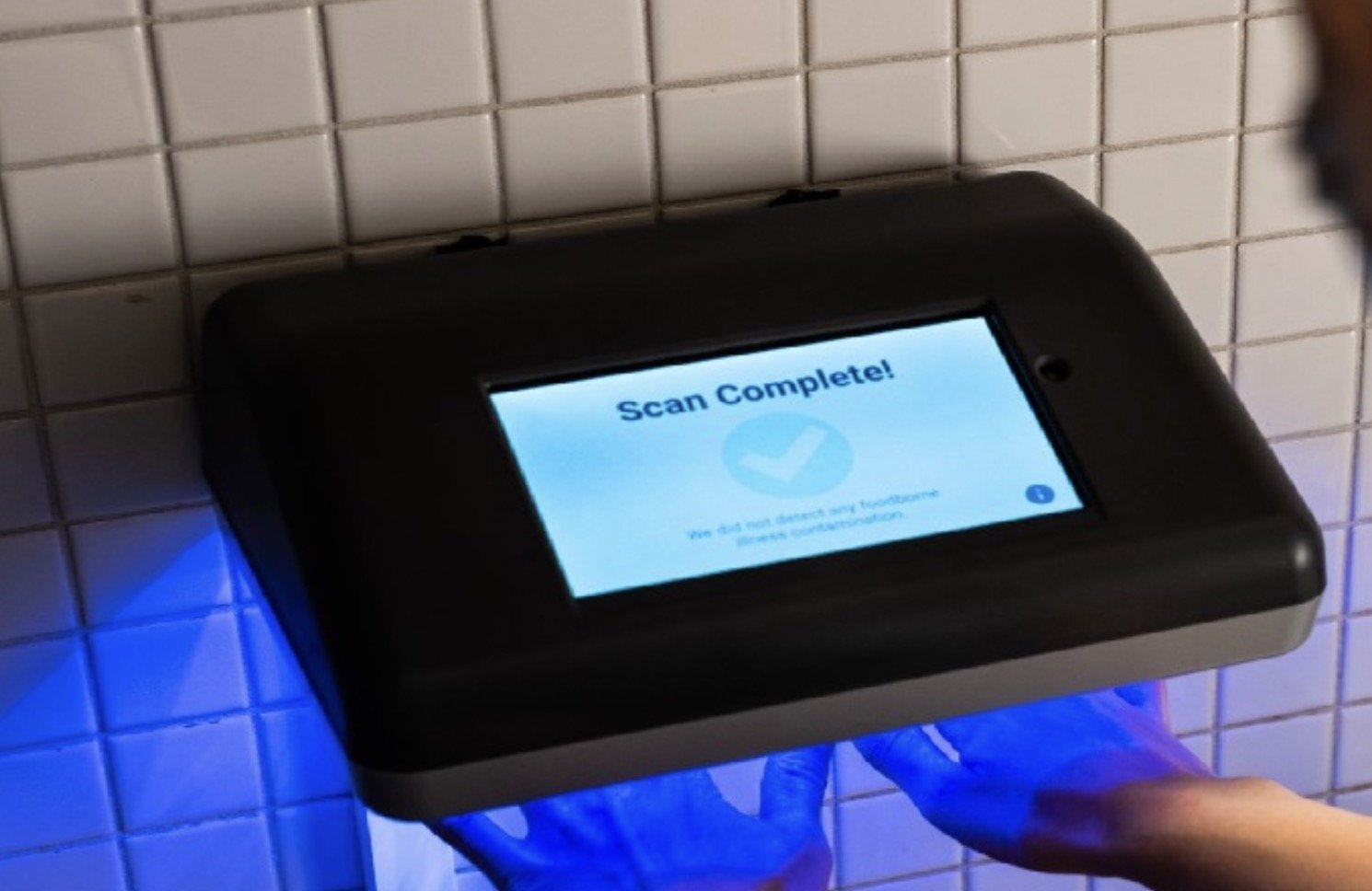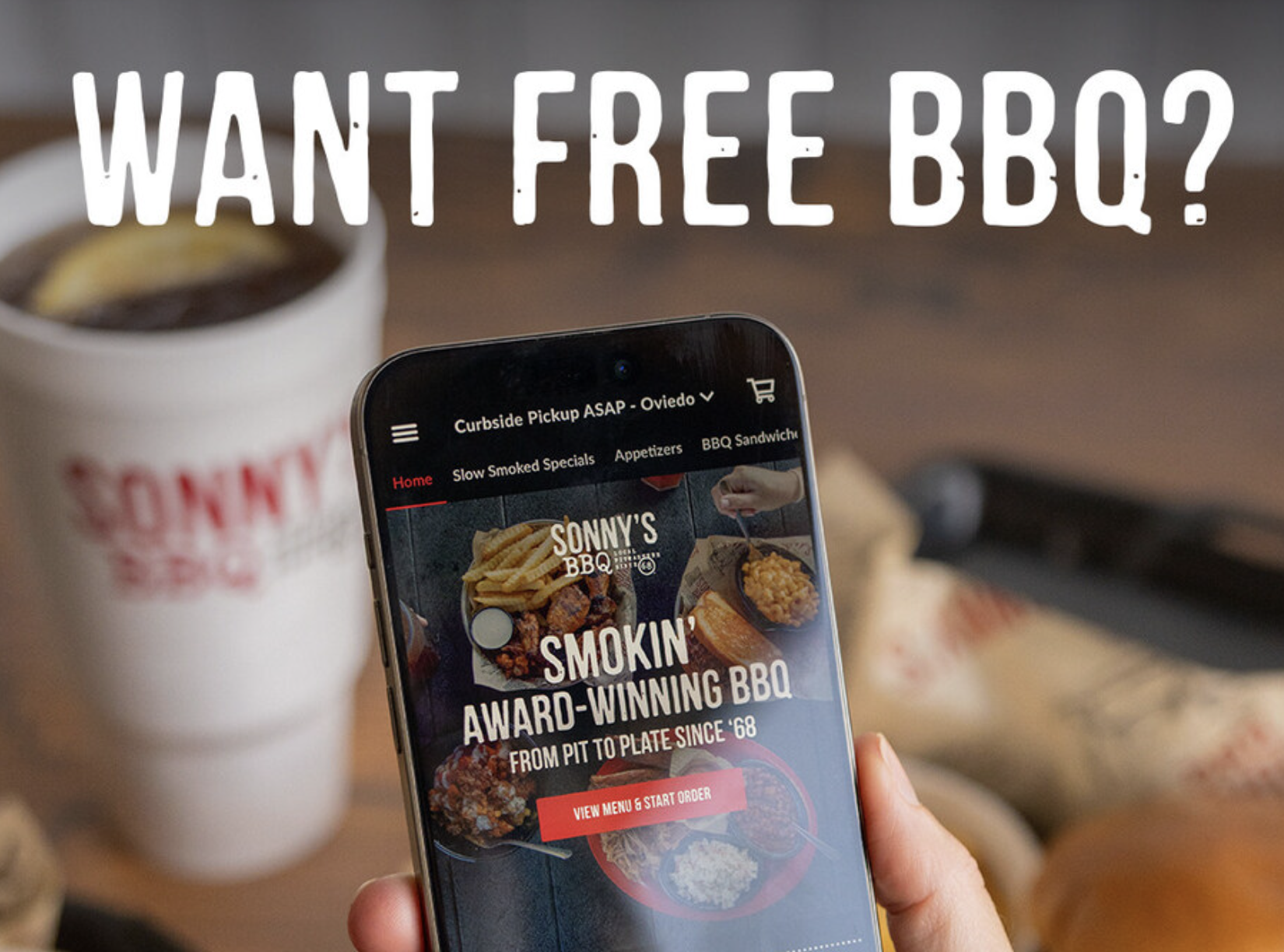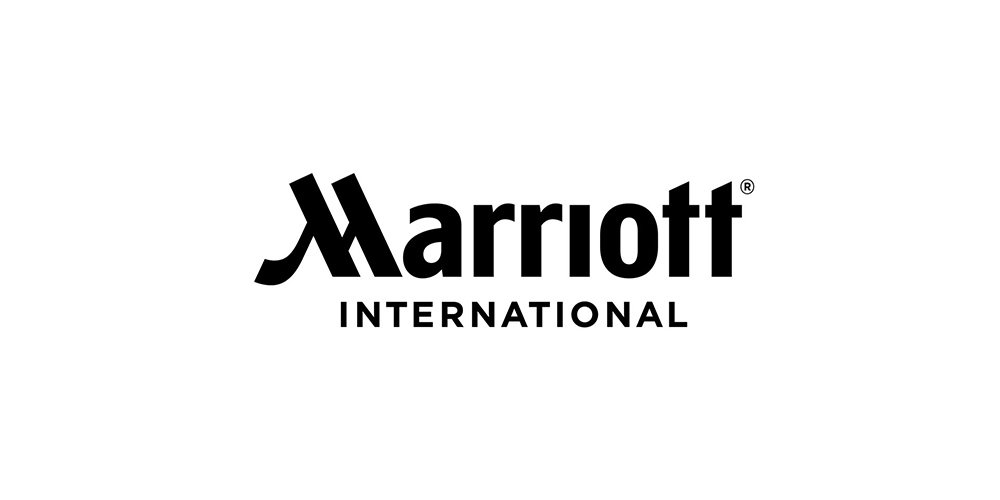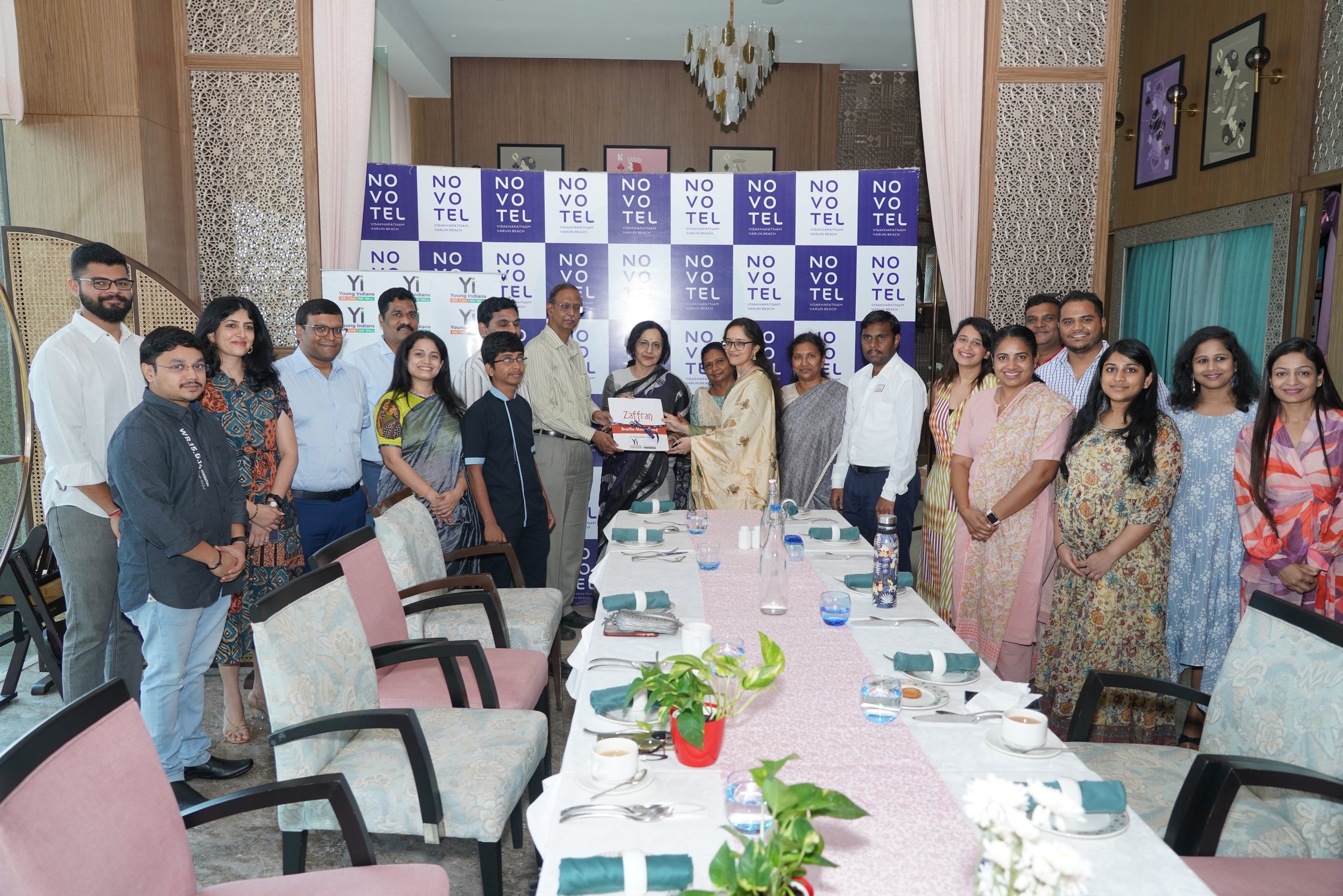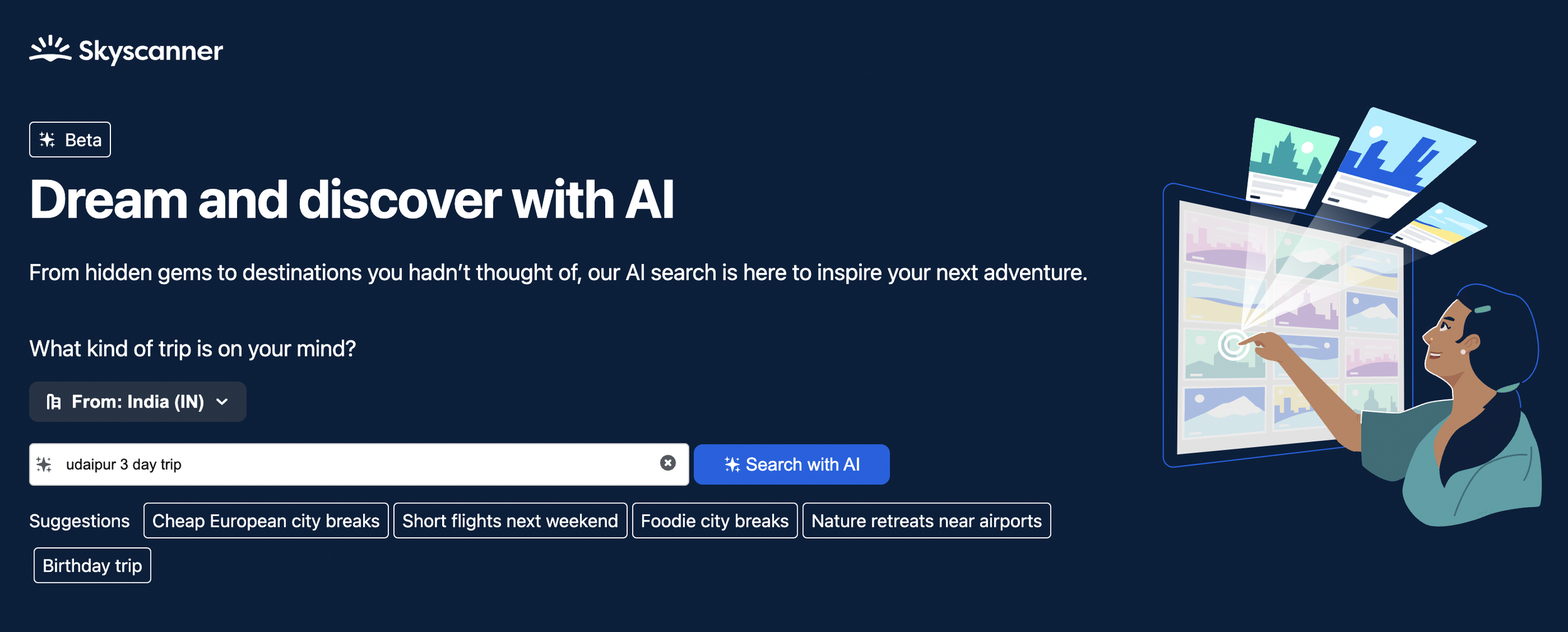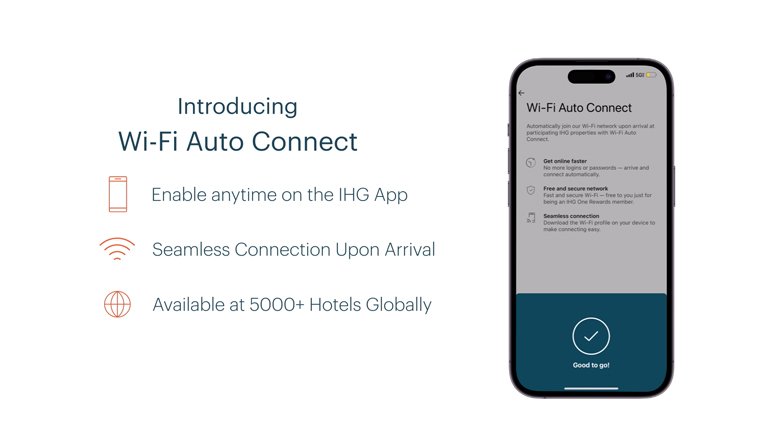Marriott International Announces Strategic Agreement with PathSpot, an Innovative Real-Time Hand Hygiene Management System and Safety Operations Suite
/Marriott International, Inc. (Nasdaq: MAR) today announced it has entered into a strategic agreement with technology company PathSpot Technologies, Inc., the creator of a real-time hygiene management and digital kitchen system that protects against the threat and spread of illness with a handwashing validation system and equipment monitoring technology. As Marriott continues its legacy of hospitality industry innovation, including food and beverage operations, it is the first hospitality company to make PathSpot technology available to the company’s portfolio of over 9,300 properties across the U.S. and Canada, Caribbean and Latin America, Asia Pacific, and Europe and the Middle East.
“As the world’s leading global hospitality company with over 10,000 food and beverage operations, $7 billion in sales, and 53 Michelin stars across more than 30 leading brands globally, Marriott is focused on the health and safety of the millions of guests that our properties serve each day,” said Stephen Toevs, Vice President of Culinary Operations for Marriott International. “Our collaboration with PathSpot allows Marriott to offer properties cost-effective technology that monitors food safety procedures more efficiently and effectively while empowering associates to better meet the needs of customers."
Using a network of sensors plus visible, audible, and electronic cues, PathSpot’s technology is engineered to immediately notify associates utilizing the scanners when invisible contamination is detected, and additional handwashing is needed. By utilizing PathSpot’s Hand Scanner technology and logging system, Marriott properties have the ability to more efficiently adhere to strict operating procedures while streamlining handwashing record-keeping and monitoring.
All Marriott properties that have installed PathSpot hand scanner technology have also implemented the PathSpot SafetySuite. The interconnected hardware and software tools are helping properties modernize, digitize, and elevate back-of-house operations to create improvements in health and safety standards, like PathSpot’s real time temperature monitoring, which consistently records temperatures in refrigerators and freezers and alerts associates of any temperature-related issues that may impact food quality.
Implementation of PathSpot’s Hand Scanners and SafetySuite have helped properties save an estimated two to eight hours per day in back-of-house monitoring and logging, freeing up associates to focus on guest-facing efforts and allowing the properties to create efficiencies in maintenance and engineering costs as well as to reduce food waste and energy consumption.
"Marriott is an industry leader in its dedication to health and safety across its portfolio,” said Christine Schindler, CEO and Co-Founder of PathSpot. “By offering PathSpot's cost-effective food safety and operations technology to its properties, Marriott is promoting consistency, quality, efficiency, in their food and beverage operations while focusing on sustainability. We are grateful to work alongside Marriott as they take another proactive step to strengthen their rigorous safety standards. Our contamination-detection technology helps prevent foodborne illness before it can spread, ensuring a higher level of food safety for everyone they serve.”
Marriott’s commitment to innovation began with its founding nearly a century ago. Guided by the company’s core value of embracing change with an unwavering focus on its associates, guests, owners and franchisees, today, Marriott is driving transformation in the hospitality industry through innovative investing, research and development, creative collaborations, and piloting initiatives to test and learn at scale. In addition to the company’s strategic agreement, Marriott also participated in a minority equity investment in PathSpot. To learn more about PathSpot’s technology, visit https://pathspot.com.

